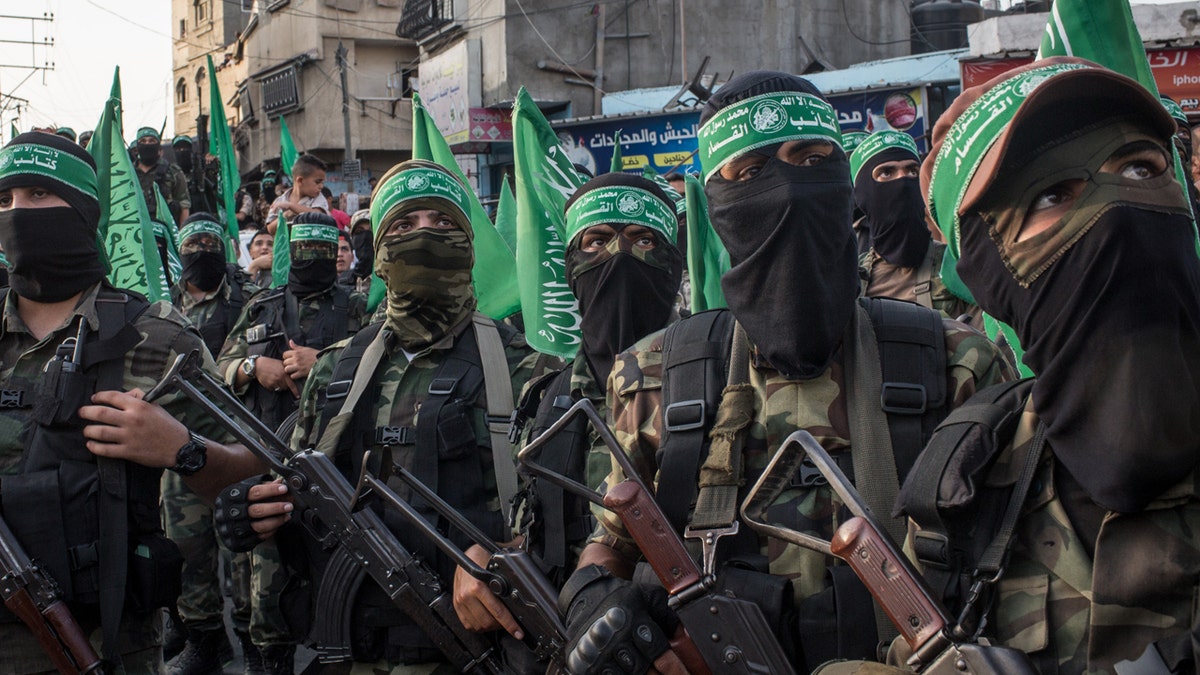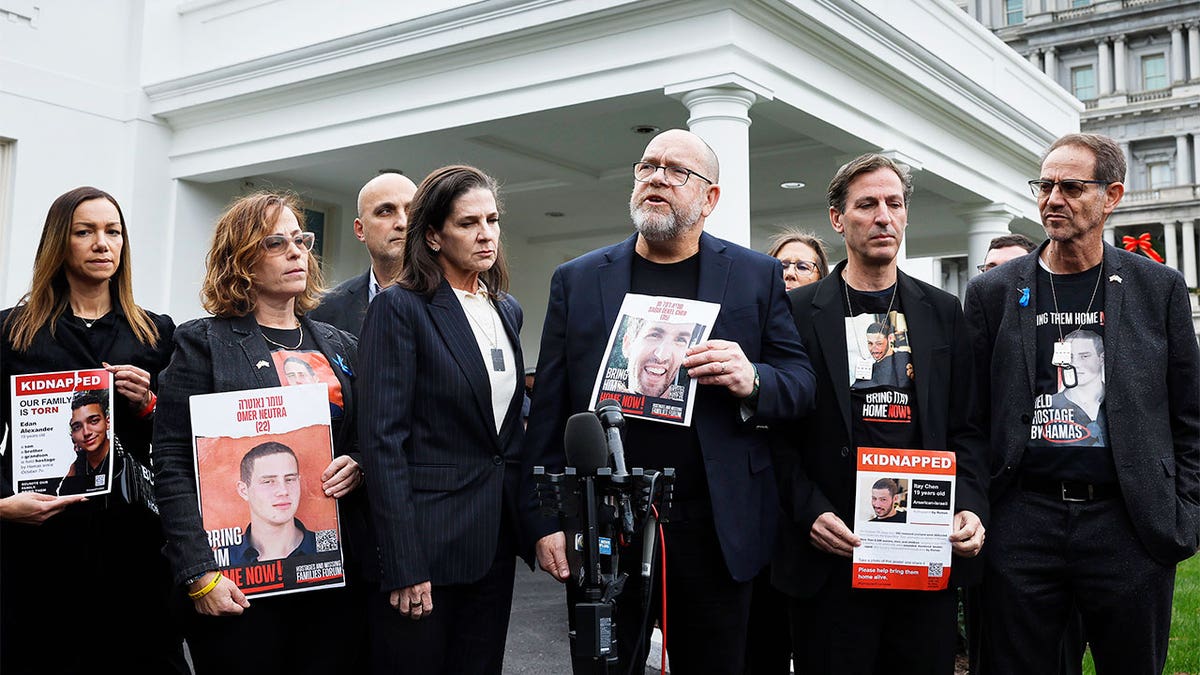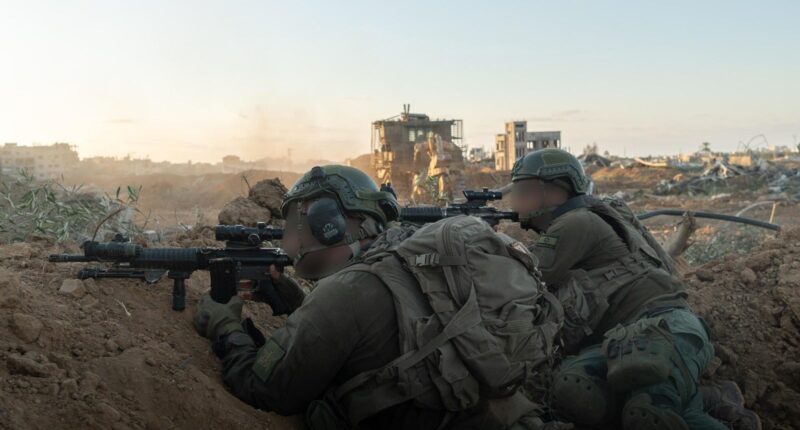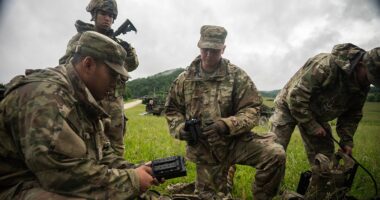Efforts to secure a cease-fire between Israel and Hamas are once again being obstructed by disputes over the Philadelphi security corridor, as disclosed by an Israeli spokesperson for Prime Minister Benjamin Netanyahu in an interview with Fox News Digital on Thursday.
The initial optimism surrounding a cease-fire and a potential hostage exchange agreement, announced by the U.S. and Qatar on Wednesday, had dwindled by Thursday morning.
“Hamas, the terrorist organization, is persistently introducing new demands at the eleventh hour, despite having reached prior agreements with mediators, including the U.S.,” stated Omer Dostri, the prime minister’s spokesperson. These statements mirror Netanyahu’s allegations against Hamas of causing a sudden crisis and reneging on previously negotiated terms with the mediators.
It is unclear what specifics regarding the Philadelphi corridor were agreed under the deal, though a senior diplomatic official told The Times of Israel that Israeli soldiers were intended to remain in the security corridor through the entirety of the first phase of the cease-fire.
But Ruby Chen, father of Itay Chen – an IDF soldier who is believed to have been killed during the Oct. 7, 2023, attacks and whose body was taken into Gaza by Hamas – believes it is the security demands by the far-right in Israel that could once again pose a threat to the hostage deal.
Chen pointed to right-wing government members like National Security Minister Itamar Ben-Gvir and Finance Minister Bezalel Smotrich who have repeatedly rejected any deal that does not include continued IDF presence in the Gaza Strip.

File showing Hamas terrorists during a military parade in the Bani Suheila district on July 20, 2017, in Gaza City, Gaza. (Chris McGrath/Getty Images)
“The coalition members of Bibi, are giving him a very hard time. And you know, he might be looking to get out of it,” Chen said. “It’s easy to blame the other side.”
Another issue that has allegedly popped up, according to Netanyahu’s spokesman, is Hamas’ demands over the release of certain terrorist members currently held by Israel, though Fox News Digital was unable to confirm exactly what new demands have been levied.
In exchange for the hostages still held in Gaza, Israel has agreed to release dozens of Palestinian prisoners in the initial phase of the deal set to last 42 days. During that period, 33 hostages who fall under “humanitarian categories” including any possible children, women, the elderly and the sick will be freed first.
The second phase, which will be negotiated on the 16th day of the cease-fire, will then involve the release of soldiers held by Hamas, both living and dead. Some reports have suggested that Israel could release more than 1,000 prisoners by the time the exchanges are through.

Family members of Americans who were taken hostage by Hamas during the terrorist attacks in Israel on October 7, including (R-L) Ronen Neutra, Ruby Chen, Jonathan Dekel-Chen, Liz Naftali, Adi Alexander, Orna Neutra, and Yael Alexander talk to reporters outside the West Wing of the White House on December 13, 2023, in Washington, DC. The families were invited to a private meeting with U.S. President Joe Biden and Secretary of State Antony Blinken. ( Chip Somodevilla/Getty Images)
Chen has arduously pushed for the release of all the hostages, including the deceased, and argued that the plan to release soldiers and the deceased in a separate stage was no longer good enough.
“[That] was maybe needed seven months ago, when the framework was put in place,” Chen said. “Since then, everybody is humanitarian – including the deceased.
“The only thing that you can predict about the Middle East is that it is unpredictable,” Chen added. “The Middle East is always a match-light away from blowing up.”

















